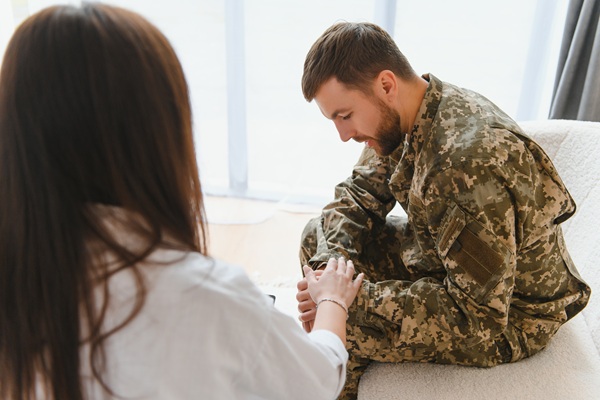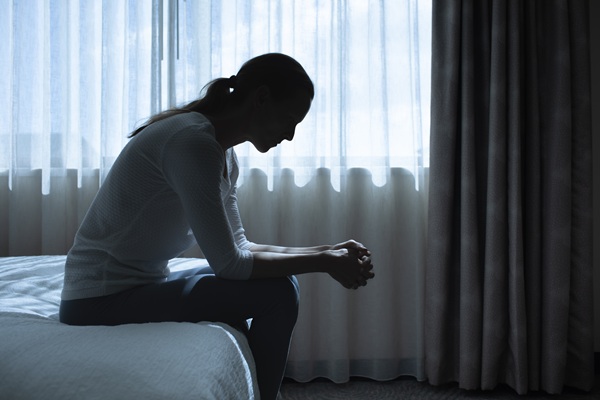Is There ADHD Treatment That Doesn’t Use Medication?

While medication can be effectively used for ADHD treatment, not all patients are comfortable with the idea of starting a long-term journey into the world of pharmaceuticals. Many parents with children who have ADHD often find themselves worrying about negative side effects that are associated with some of these products.
The goal of ADHD treatment is always to make it possible for the patient to live a calmer, more focused life. ADHD can be a lifelong condition that can have significant effects on a person's professional and personal life when left untreated.
ADHD treatment without medication
Doctors typically recommend avoiding medication if the patient is under the age of six. The American Academy of Pediatrics agrees with that recommendation. Here is how ADHD is treated without medication:
1. Behavior therapy
Behavior therapy tends to be most effective when used on patients who struggle with staying focused or paying attention to things. Parents and teachers can help a child deal with ADHD by recognizing and adjusting problematic behavior.
Parents can do this by creating small, attainable goals for the child and giving them rewards for completing them. It can be something as simple as getting the child to sit down and do homework without being distracted for 10 minutes. The key to getting the most out of behavior therapy is consistency.
2. Getting more sleep
Being fully rested goes a long way when it comes to ADHD treatment. Kids, in particular, experience less impulsivity and restlessness when they get all the sleep they need each night. Unfortunately, getting all that shut-eye is not always easy for someone with ADHD. Many have a hard time slowing down and falling asleep.
That leaves them tired in the morning, which only makes the symptoms of ADHD worse. Sleep aids can be used to make it easier to fall asleep, but the most important thing is developing a good sleep pattern. Patients should:
- Try going to bed around the same time each day, even on weekends
- Sleep in dark, cool room
- Come up with a soothing bedtime routine
Staring at a screen prior to going to sleep can also make it harder to doze off. Try not to watch any TV or use your phone starting from about 30 minutes before your bedtime.
3. Exercise
Children and adults need lots of exercise to keep their bodies functioning properly. Exercise also helps to work off the excess energy people with ADHD have. Most children enjoy physical activities, but it is still up to parents to ensure they spend at least 30 minutes working up a sweat each day.
Studies have shown that exercise helps people with ADHD to organize and focus their thoughts better. Intense activities like team sports and martial arts are particularly effective since they provide full body workouts.
Do not let ADHD hold you back
If you are hesitant about ADHD treatment plans that include medication, there are still several ways you can tackle this disorder. Contact our Columbia office to learn more about treating ADHD.
Get started today…
Request an appointment here: https://futurepsychsolutions.com or call Future Psych Solutions at (803) 335-5232 for an appointment in our Columbia office.
Check out what others are saying about our services on Yelp: Read our Yelp reviews.


